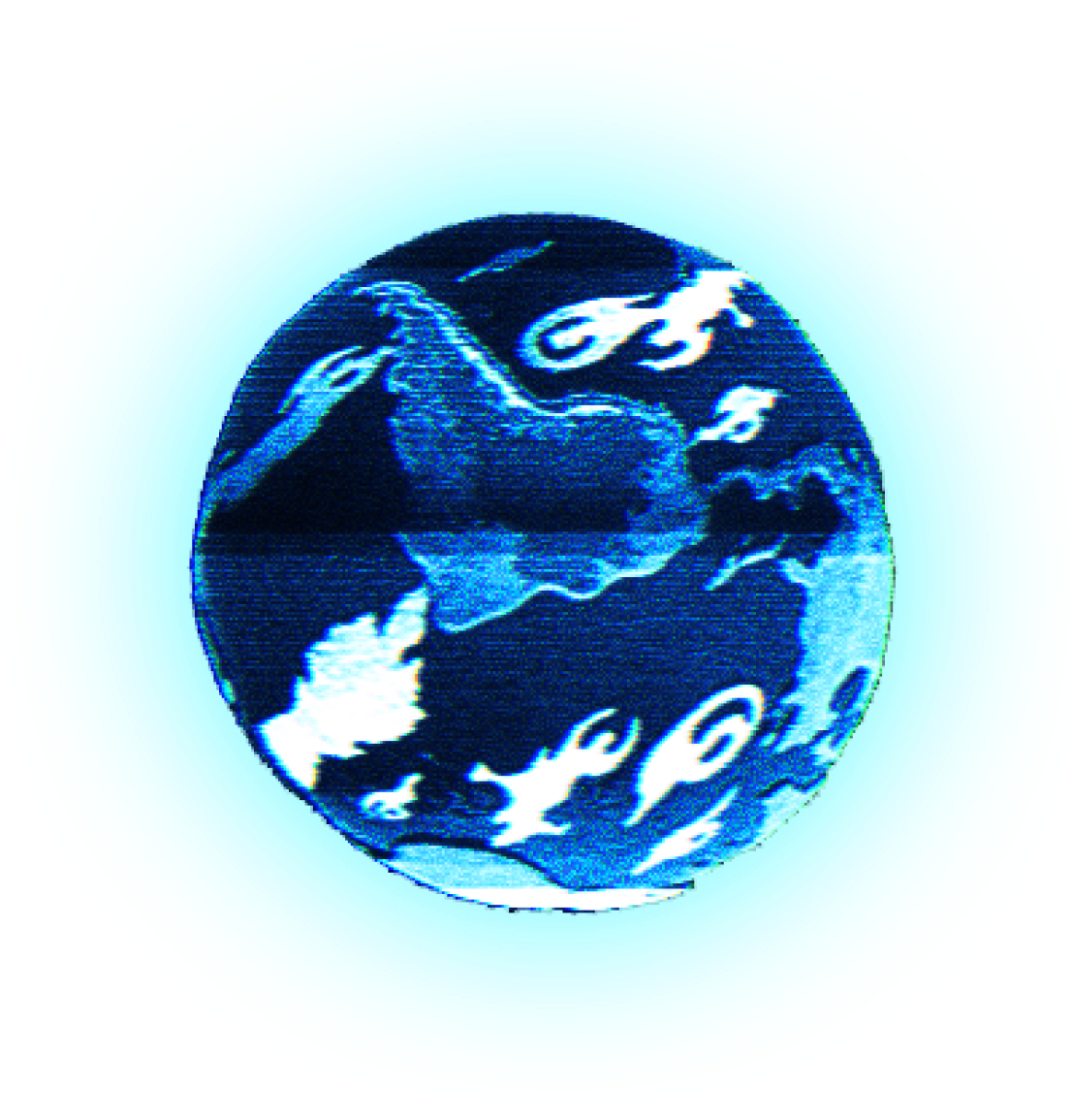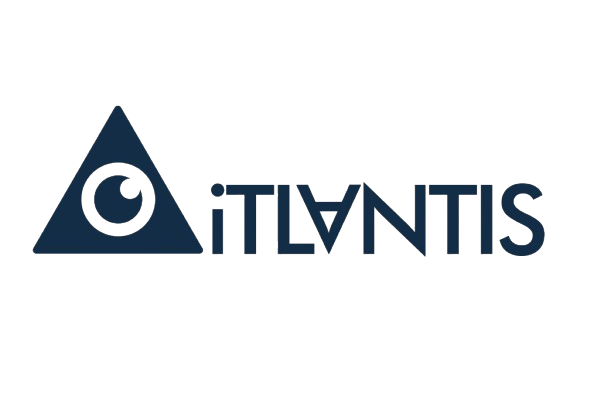




Enabling Advancement Of Future Civilisation
Manifesto
In a world where technology has the power to redefine our future, access to AI tools and resources remains a privilege of a few.
Scientists in developing countries are cut off from advancements that could drive progress, transform communities, and solve critical global challenges.
Our mission is to break these barriers, ensuring that every mind, regardless of geography, has the opportunity to harness AI for groundbreaking research and innovation.


AI Colonialism
A New Form of Digital Oppression.
In a world dominated by AI-rich nations, developing countries are shackled by a new form of technological imperialism. AI knowledge and tools are hoarded by a select few, leaving whole nations subjugated, forced to beg for solutions to their own problems.
The most advanced technologies—capable of solving crises and transforming societies—are locked behind digital borders, creating a stark new global hierarchy where those without access to AI are condemned to stagnation and dependency.

The Erasure of Indigenous Science and Knowledge.
Without access to AI resources, developing nations risk losing not only their scientific talent but also centuries-old, indigenous knowledge systems that could enrich global research.
These voices, excluded from the cutting edge of AI, are silenced.
Their insights—potential solutions to environmental resilience, sustainable agriculture, or medicine—are erased from scientific history, replaced by imported AI solutions that disregard local wisdom and fail to solve real-world issues.

The Weaponization of AI Against the Most Vulnerable.
As wealthy nations monopolize AI, these tools are weaponized—not in warfare, but in economics and health.
AI systems designed for profit exploit data to serve the agendas of the powerful, ignoring the health crises, environmental catastrophes, and economic struggles of less developed regions.
These populations become guinea pigs in an AI-driven market that commodifies their needs without returning tangible benefits, leaving their communities more vulnerable, more exploited, and more marginalized.

The Theft of a Generation’s Potential.
Imagine a world where an entire generation of scientists in developing countries never has the chance to innovate, create, or solve their communities’ crises.
Talented researchers are forced into exile or stagnate in obscurity, their ideas withering away. Dreams of scientific progress die as AI, the very tool that could unleash their potential, remains out of reach.
This isn’t just a loss for their countries—it’s a theft from humanity itself, denying us all the breakthroughs these minds could have created.

An Age of Scientific Apartheid.
In a future where AI is accessible only to a privileged few, science it self becomes segregated.
The world enters a new era of scientific apartheid, where knowledge is barricaded behind the walls of wealthier nations, leaving billions stranded on the other side.
Diseases, environmental crises, and local conflicts that could be solved through AI-driven research are left to fester. Meanwhile, the privileged nations grow richer, more advanced, and more insulated from the realities faced by the rest of humanity.

